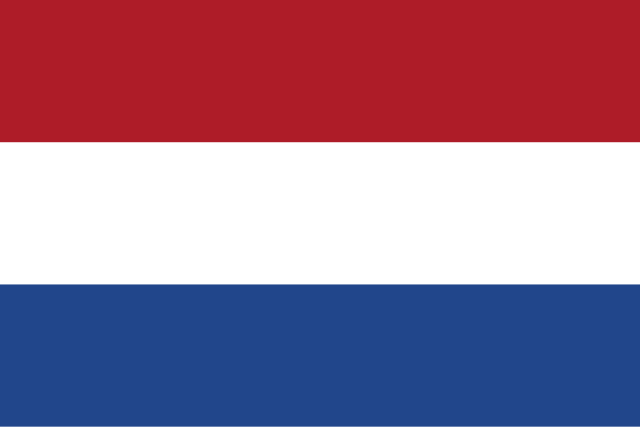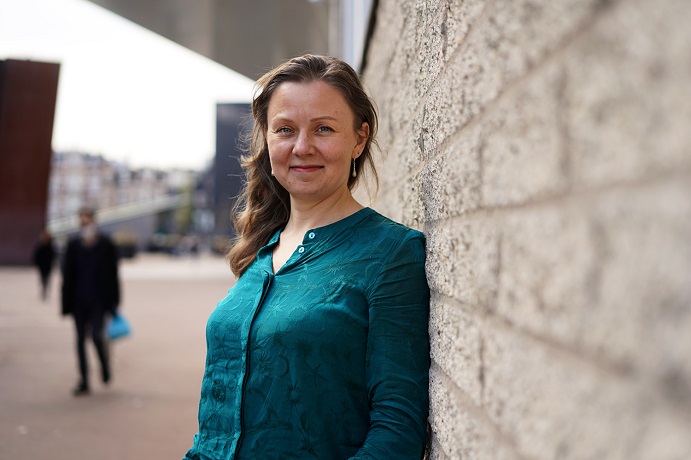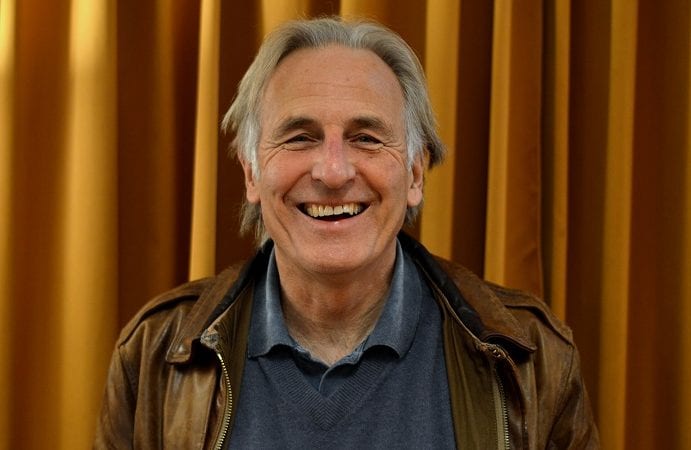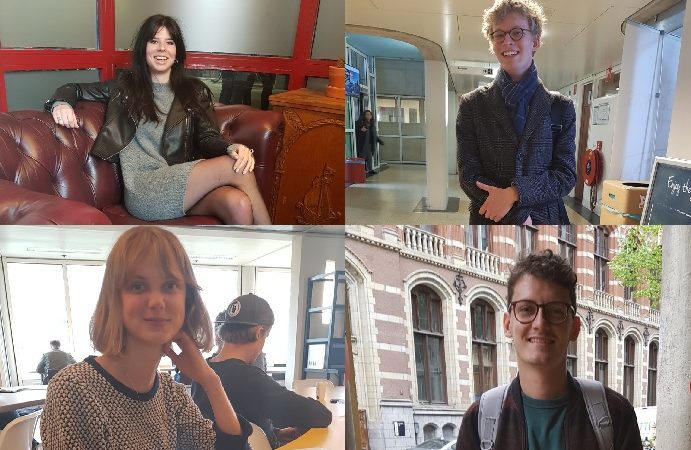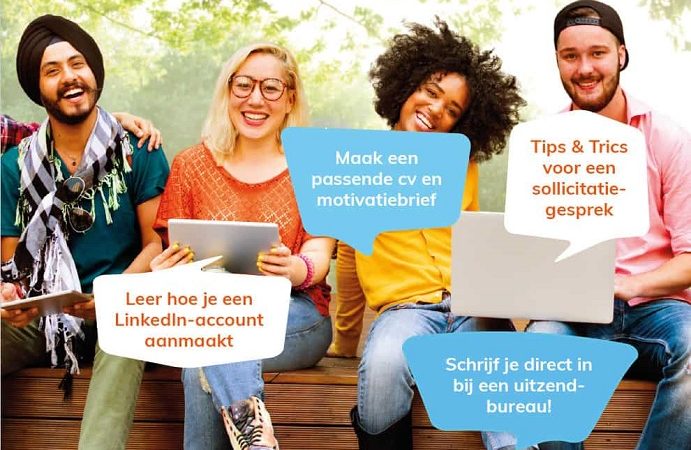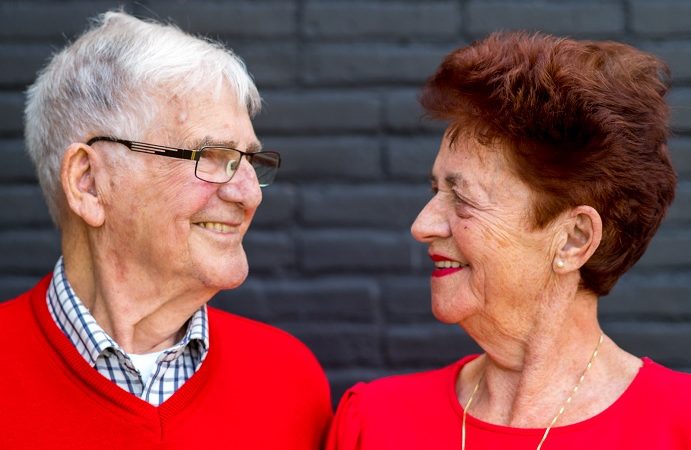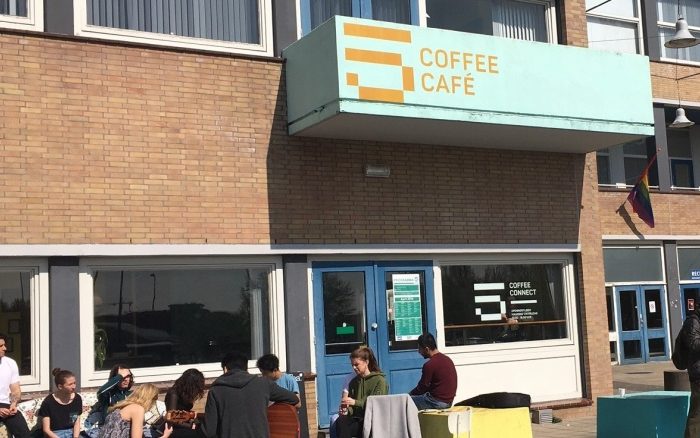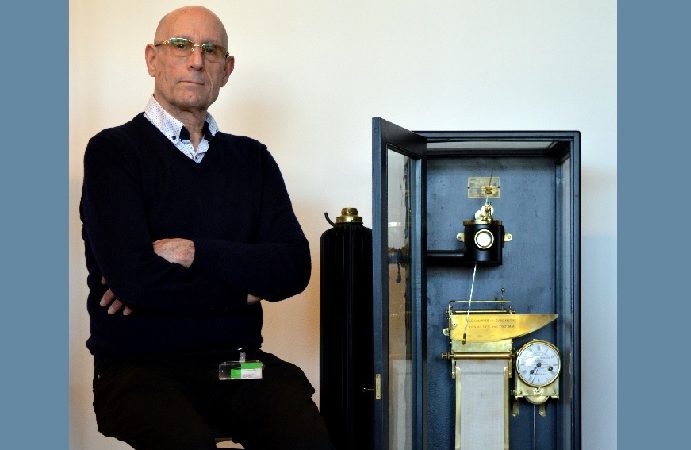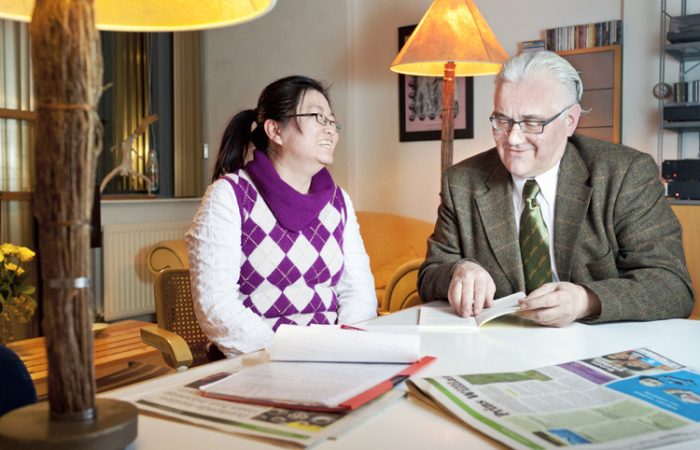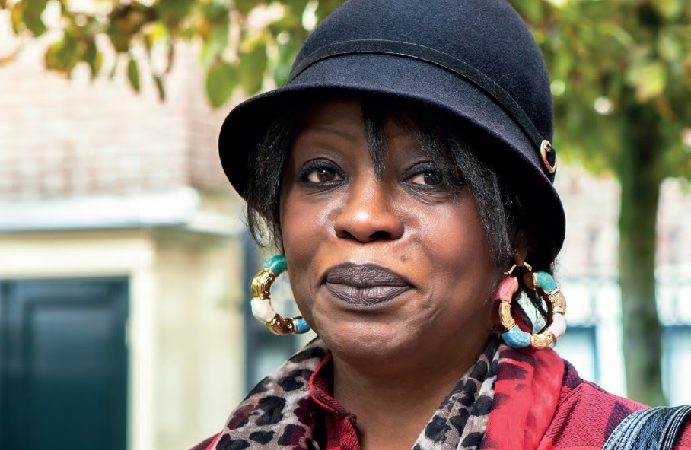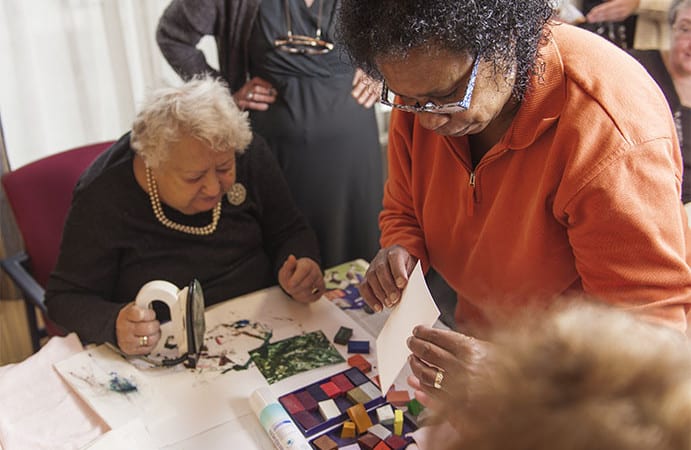Housing association De Samenwerking made three homes in the South available to refugees with official status. Some neighbors took on the role of providing support. Syrian refugee Shams and mentor Harry share their experiences.
Anita from Foundation NAHst: “Volunteering increases social awareness”
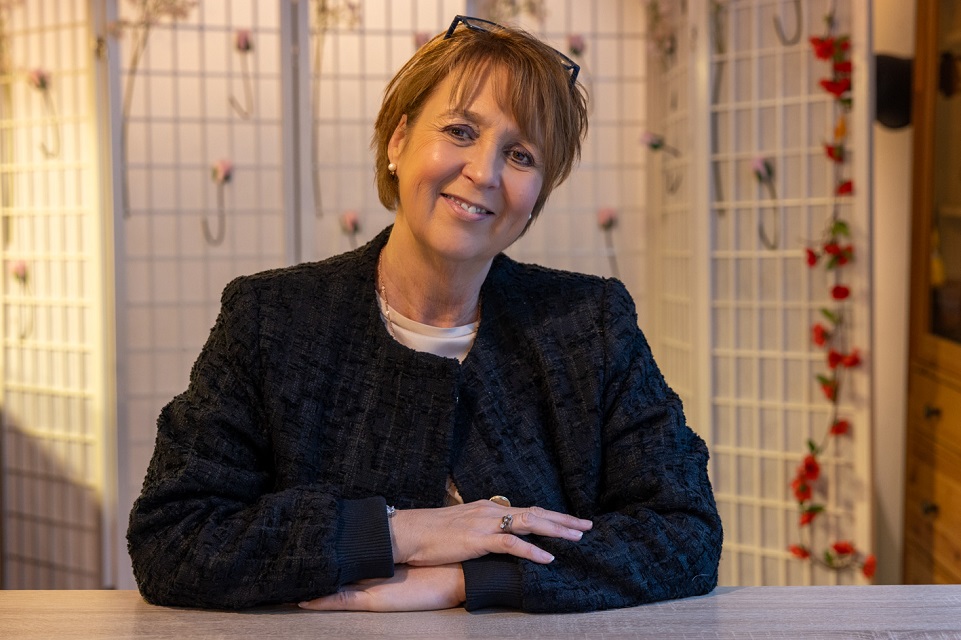
A few years ago, Anita Muschner, together with colleagues Sweedy and Hanneke, founded the NAHst foundation. This foundation was established for and by people with acquired brain injury (NAH). As project manager, Anita works closely with the business community to secure work assignments and recruit volunteers needed for the activities organized by the foundation. “These collaborations are very enjoyable,” says Anita. “I often hear from volunteers that it helps them better understand what is happening in society.”Stichting NAHst is there for people with acquired brain injury (ABI). Anita says: “We try to provide people with a safe environment. For example, we organize ABI cafes. Here, people can talk to each other while enjoying a snack and a drink, sharing their daily concerns. We also try to secure work assignments that match the abilities of people with ABI. They love it: by completing these assignments, they feel valued and part of society. With the income generated from these assignments, the foundation organizes fun activities. “Last year, we rented a bus and went to De Orchideeën Hoeve. Some of our guests are in wheelchairs and some are not. It’s nice to be able to do something like this, as many of our guests don’t get out much anymore.”
A beautiful collaboration
For some time now, Stichting NAHst has also been collaborating with Stichting SOOZ. This is a welfare organization that focuses on vulnerable residents in the Amsterdam Oud-Zuid region. “Through this collaboration, the events we organize are increasingly aimed at both vulnerable residents and people with acquired brain injury (NAH). This somehow works very well, both for our guests and our volunteers. In addition to NAH cafes, we also organize weekly dining tables where vulnerable residents and people with NAH can enjoy a healthy meal at a low price.”
Business Involved Amsterdam
Volunteers are indispensable for the NAHst foundation. From the board to assisting with activities: the entire foundation runs entirely on volunteers. “Often these are people with NAH who can still do quite a bit,” says Anita. “In addition, there are volunteers from the business world who offer to help with activities through Business Involved.” Business Involved is a platform that matches companies with organizations in the field of volunteering. “Through VCA, I registered Stichting NAHst and lately I have also been approached by large companies through Business Involved. Sometimes very nice collaborations come out of it. Think, for example, of TMF Group or Liberty Global offering to help organize parties for people who are not doing so well. The tasks vary greatly, from serving drinks to preparing food or offering a listening ear.”
Volunteers from the business world
“Last summer, Liberty Global helped us with one of our activities for the first time. At that time, I thought it was a one-time action. But they keep asking me if they can do something again, for example, to help with activities we organized in December. I hear from the business community that they really enjoy volunteering. Three weeks ago, TMF Group was with us. There were ten people, and they were amazed, saying ‘wow, it’s great to be able to work on something like this.’ These collaborations are very enjoyable, so I naturally hope for more of these beautiful collaborations. People with stable jobs sometimes don’t fully realize what is happening in the social domain. I believe that doing volunteer work increases awareness and that they see that the activities are really necessary for this vulnerable target group.”
The future
When Anita looks to the future, she mainly hopes for one thing. “I hope that we can continue to offer the dining tables and the ABI cafes, because for many, it is really important to be able to sit together this way and eat together. And that caregivers also have their hands free for a while and can do something else. This will also be the biggest challenge in the coming year. Because you need to have the financial means for this, and that is and remains difficult. Sustainable relationships with companies help with this, so I hope for ongoing collaborations with the business community. Additionally, I also hope that ABI becomes more discussable. People with ABI are sometimes a forgotten group; I want to put them on the map. That is still my goal, and I will continue with it.”Text: Kiki Dusebout
Photo: Marcel Jansen
